Director's Cut
“People nowadays probably think early BBC drama was bland, saccherine and not worth the time of day. But actually there were far more hard-hitting, weighty, dramatic works being produced then than probably at any time in television history. In the early 50’s there was a backlash against Hollywood’s ‘tinsel town’ movies and West End ‘living room’ plays. A tangible move began towards realism, spearheaded by television dramas.
In fact while British films like ‘An Alligator Named Daisy’ – about a playboy with an unusual pet – and the line “anyone for tennis” was an accurate theatrical cliche, television was finding a voice for the ordinary man on the street. And his wife. And his family. TV dramas dealt with homelessness, the corruption of poliicians, the unholiness of the church. And more. I was producing/directing (and sometimes writing) pieces of work on incredibly poignant issues:
The Troubled Air (1953, BBC) (Adaptor) – a fantastic story, one of the first I was fortunate enough to adapt for television, about the McCarthy witch hunt of supposed Communists in the US media
Epitaph (1956, BBC) Producer/Director – Prisoners in a Nazi concentratioin camp hear of the advance of the Russian army and courageously rise up against the prison guards. The Russians however turn back when they approach the prison camp walls. Their commander isn’t interested in ‘liberating’ one group of capitalists for another.
The Room (1961, Granada) Director- probably the first television production of a Harold Pinter play.
Call me Back (1962, BBC) Producer/Director – almost unique in being a one hander television play and it tackled the powerful subject of a man’s attempted suicide while on the telephone.”
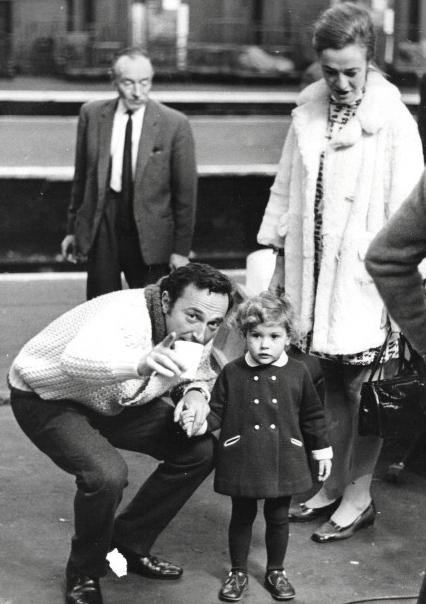
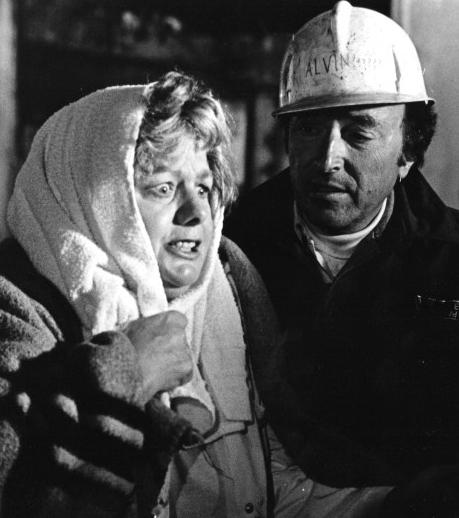
Slip ups and dry ups
“During the 1950’s and much of the ’60’s all television was broadcast live. Imagine the pressure. And while on air, the unexpected could happen. And usually did. And when it happened a director had to lead his control room out of disaster. On my first job ‘Holiday Girl’ – shot in a theatre outside – one camera went down. So all my carefully planned ‘cut to Camera 4’ and ‘mix to Camera 3’ went out the window. I looked at the screen and made snap decisions on what to transmit. It was a lesson in superspeed thinking. And of course, actors drying were the most antipicated and feared of all mishaps. And again, inevitable. The pressure of two exhausting days in the studio often showed. It was the equivalent today of doing a two-hour film shot after only a day and a half’s rehearsal.”
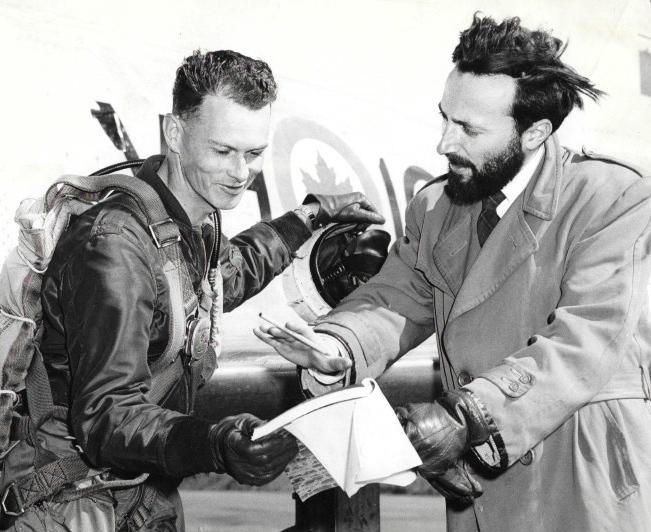
Expect the Unexpected
Apart from the unexpected routinely happening through unforeseeable mishaps, Alvin’s work was notable for the unexpected. He frequently wove novel and unexpected elements into his work. Fairly revolutionary at that time..
“Our Town (1957) was an adaptation of a well-known play by Thornton Wilder. I decided to set it in a television studio. We showed the cameramen and boom operators – even gave some of them lines.”
“And right from early on, I mixed techniques. In ‘The Blackpool Trilogy’ we pre-recorded on tape with huge TV cameras all outdoor scenes on the streets of Blackpool.”
Before they were Famous (.. and After)
“I was lucky enough to work with the best known performers, writers and others of my time – through many decades.”
“For example, after a tiny appearance in Requiem For A Heavyweight (1957), I constantly got begging letters from one young actor. So, in ‘Dark Side of the Earth’ (1959, about the Hungarian revolution), when I wanted to superimpose opening titles over a close up of an army boots walking the ramparts – I asked this same young actor to fill those shoes. Literally. I didn’t show his face, just the boots. The actor’s name was Michael Caine.”
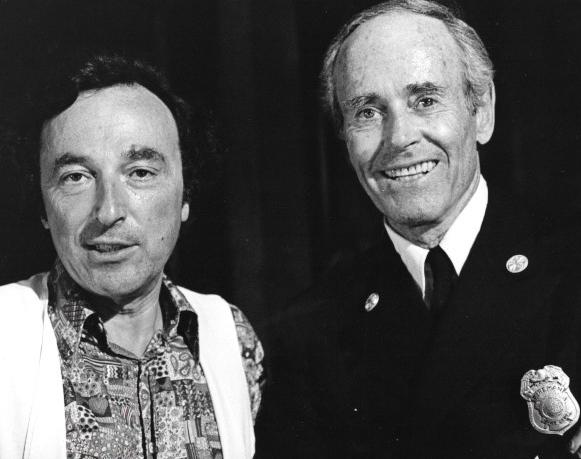
All is not Lost
“One of the great tragedies – not just on a personal level but, I think, for the heritage of British television – is that very little of early television drama survives. Early live work could not be recorded. Difficult for today’s generation – with iplayers and DVD’s so abundant – to understand that the means to do so was yet to be devised. And then to compound matters the BBC decided to throw away all drama recordings of the 60’s and 70’s.
The stored Ampex tapes of the era were about 2 feet square each. “Takes up too much space” was the executive decision. So outstanding drama performances, scripts, direction, were destroyed. But singers, dancers, chat shows, quiz shows – no matter how ridiculous – were deemed more worthy and kept. The BBC always did have trouble making the right decisions.
Fortunately, a sympathetic editor friend at the BBC told me he would make sure ‘The Seekers’ (1964) the first 3 Sunday night plays on BBC2 would never be wiped. He had a premonition about what was to happen. One night he stole the tapes home. Consequently copies of this trilogy exist; and were screened at the BFI in 2013.
All my productions on ITV – Granada, Anglia, Thames, etc – of that time are also extant.”
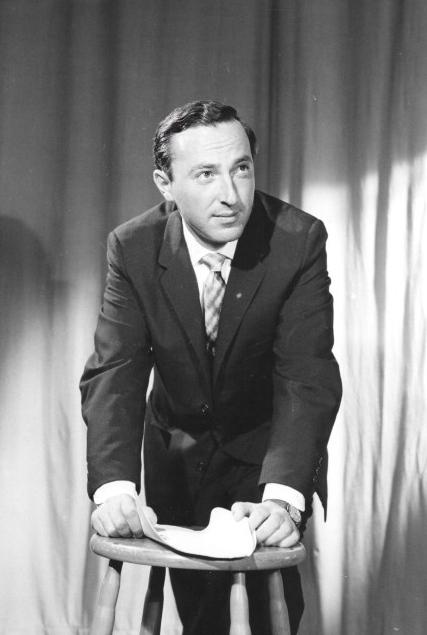
The Early Days
“I trained at the BBC as a director/producer. In those days the two roles were combined. And the BBC insisted that trainees be knowledgeable in all forms of television. I worked on horse shows, cricket matches, variety, stand up, big bands, small bands. Etc. Etc. Perhaps that’s why it seemed logical in later productions to use different techniques.”
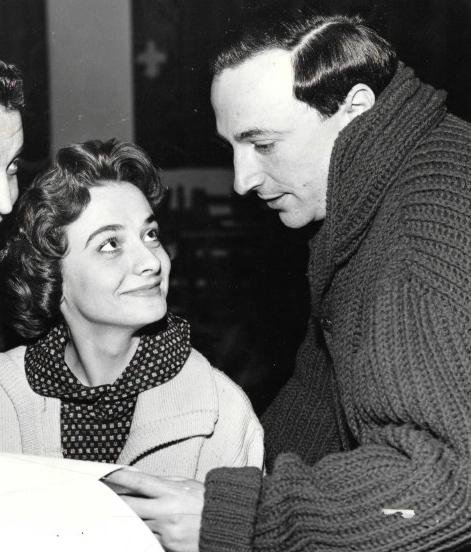
“My first assignments as a director were in ‘Light Entertainment’ . ‘Holiday Girl’ was a beauty pageant from Brighton. Next came ‘Starlight’ one man and a guitar. My third piece was more in keeping with my intentions. The shortage of directors because of the impending Coronation (1953) led to taking over the last 3 episodes of a 6-parter called ‘Strictly Personal’. And after that, for the first time – with some trepidation from executives above and from me within – I was allowed to fly solo.
‘A Place of Execution’ (1953) was once again a 6-part series, this time about terrorists in London and allowed me to choose the location for the final episode – not in a studio, too tame – but at Madame Tussauds’ waxworks.”
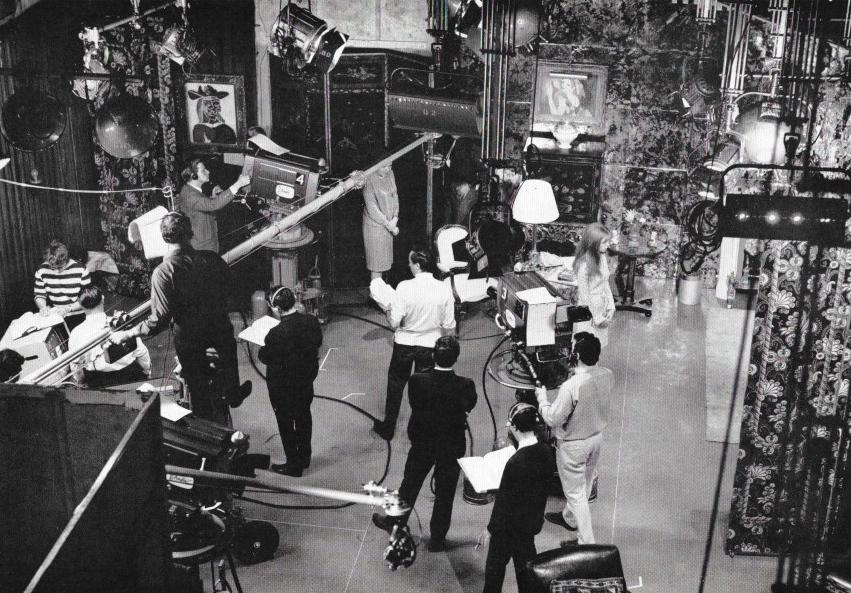
“Then I was finally assigned my first full-length drama on television. ‘The Emperor Jones’ by the prestigious Eugene O’Neill. The budget was £750 – even then, a paltry amount. I decided not to build a set. A white screen, onto which shadows were projected, sufficed. Creating a brooding, moody atmostphere that was more than right for tropical jungles. I also used big, big, close-ups. The frightened emperor’s eyes, for example, filled the screen. And over the bridge of his nose was superimposed a dancing, tormenting witch-doctor. And the critics, bless ’em, wrote “:
“Has there ever been such fine photography during a TV play as in last night’s The Emperor Jones?” Daily Herald
“…carried through with full-blooded flourish that set the senses tingling.” The Star
“…television last night throbbed into life…” Evening News
“…a most distinguished piece of television drama..” Daily Mail
Life in the Fast Lane
“Let me take you through some stages of creating a television play in those days. The boss man – let’s say, Michael Barry, BBC, one of the best – calls you into his office and gives you a transmission date. Usually 6 to 8 weeks ahead. Little or no stipulation is made as to what you are to deliver. But, as you leave Michael says, “Find a comedy.” In my years at the BBC I only did 2 comedies. Both fairly disastrously.
The search begins for a script. No easy task. Few writers are writing for the frowned upon “goggle box.” But you decide on a stage play, say, “Mrs. Smith’s Lover”. And adapt it by taking any visual reference – a car crash, say – and writing it into the script. Most British writers at the time delivered long dialogue scenes. Which you cut down, mercilessly. ( I was a cinema-raised kid and loved the visual more than the spoken).”
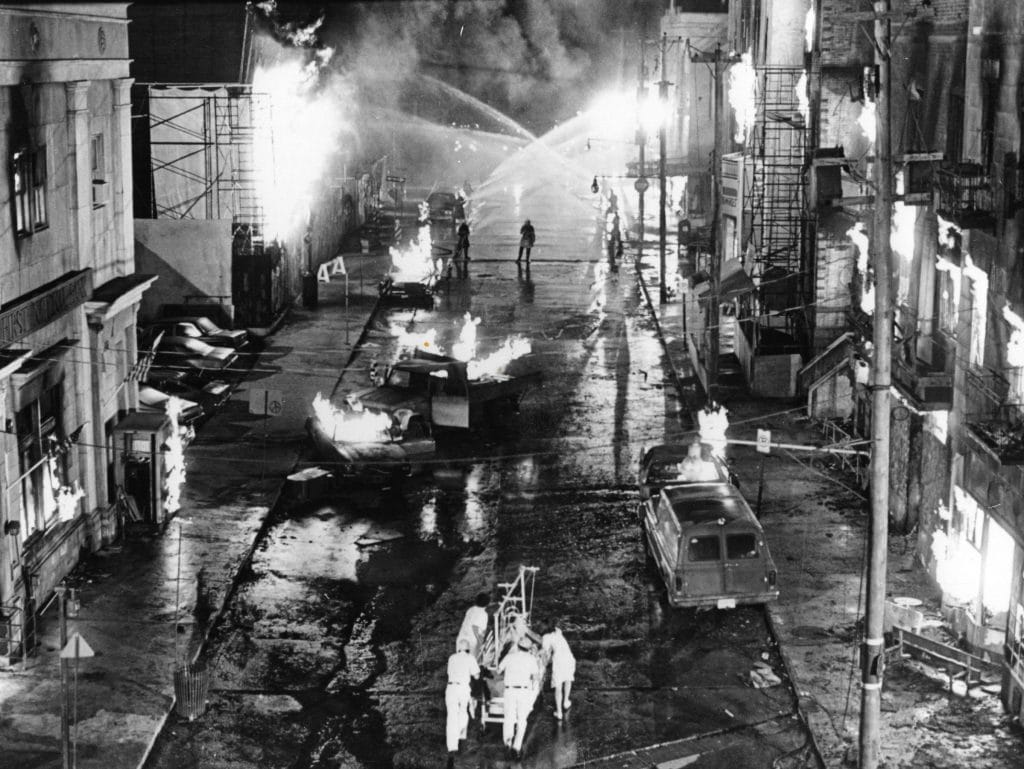
“Next a Designer is assigned. The created sets and their studio lay out is of prime importance. Then casting. Stage actors at that time were almost useless. Too much acting. Better to find unknown actors who can appropriately reduce performances. Stage managers replicate the floorplan of the sets onto the rehearsal room floor. Ah, yes, the rehearsal rooms – a church hall, an army barracks, or if you’re really unlucky, a pub room, where some inebriate is bound to interrupt your most intimate scenes.
Rehearse for 3 weeks. Together with an overworked secretary, a camera script is evolved – showing the studio positions at any specific moment of cameras, sound booms, actors, lights. Et al. Finally, into the studio for 2 days. The first day, say, Saturday, you can’t start early because the lighting designer needs the morning to set his lights. At last, it’s 2pm. And you can start.”
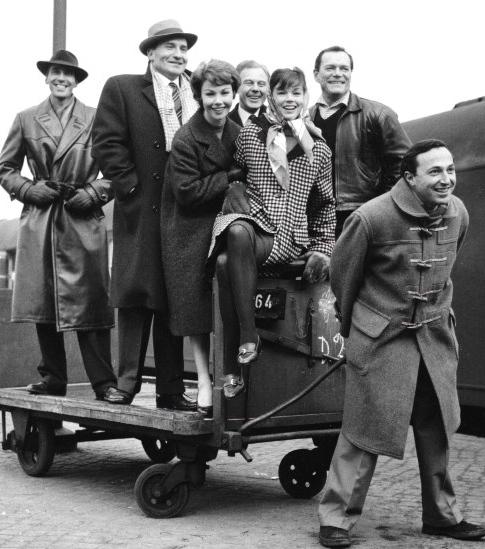
“It is the equivalent of a 90 minute – or 2 hour or even sometimes 2.5 hour – film take after less than 2 studio days. The next day you collapse. And wait for another call from Michael Barry.”